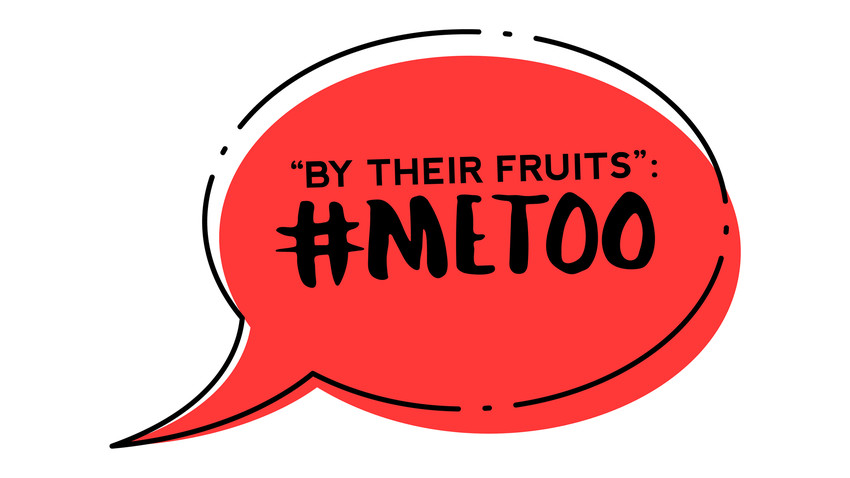All this talk about vineyards and grapes hopefully is stirring up a hunger for the fruit of the vine! Turns out it's a beneficial hunger—especially since an article from my friend Robin Paquette heralds "42 amazing benefits" that accrue from eating the popular small round succulent fruit. The article pronounces: "Grapes are a storehouse of health. . . . They are rich in vitamins A, C, B6, phosphorus, magnesium folate, potassium, calcium, iron, and selenium" (enough to make you a walking chemistry lab, it appears). Conclusion? "Grapes have high nutrient content that ensures a healthy and active life" (healthbeckon.com/grapes-benefits/amp/). And what 's not to like about that?
So what are these 42 benefits? Here's the list—(1) migraine, (2) Alzheimer's disease, (3) indigestion, (4) breast cancer, (5) for vision, (6) blood cholesterol, (7) kidney disorders, (8) asthma, (9) antibacterial activity, (10) constipation, (11) protection against sunburns, (12) anti-ageing benefits, (13) skin softener, (14) rejuvenates the skin, (15) cures uneven skin tone, (16) lightens scars, (17) youthful appearance, (18) encourages hair growth, (19) treatment of dandruff, (20) treatment of hair loss, (21) aromatherapy, (22) power up your weight loss, (23) protect your heart, (24) mop up brain damaging plaques, (25) cancer radiation, (26) improve brain power, (27) longevity gene, (28) fight diabetes, (29) turn down inflammation, (30) supports muscle recovery, (31) bone health, (32) LDL cholesterol, (33) digestive aid, (34) fatigue, (35-38 omitted in this article list), (39) macular degeneration, (40) immune system, and (42) the benefits of raisins. Check out the article for specific explanations included with each of these listed benefits (see link above).
"The tiny grape packs in a bundle of health benefits! So, the next time you feel like snacking on something tasty, try grapes. Not only are they tasty, but they give your body all the goodness of nature" (ibid).
Oh, and don't forget that this nutritious fruit comes in an assortment of colors (white, green, red, blue/black) and varieties (among which are Thompson seedless, Sugarone, Calmeria, Niagara, Cardinal, Emperor, Flame, Concord and Zinfandel). As they say, Have a grape day!
No wonder the ancient Scripture makes such a big deal about vineyards and grapes—strewing them along the pathway from Genesis to Revelation. Why God Himself must love grapes! Why else would He choose the vineyard to be His favorite metaphor for His people Israel (see Isaiah 5:1-7)? Why else would the Creator incarnate select the vine and the branches to become a living visualization of His personal relationship with His friends (John 15:1-16)? And why else would the same Jesus declare, not only the juice of the grape to be a lasting symbol of His shed blood for the human family, but that He Himself would "fast" from enjoying the fruit of the vine until His disciples are home one day with Him "in My Father's kingdom" (Matthew 26:28,29)?
Forty-two benefits of the grape? Turns out there are 43! And the last one is the greatest one: a place and cup at the table in Heaven when Jesus raises His goblet and for the first time since Calvary drinks the sweetest and freshest grape juice in the universe—with His friends come Home—"this is to My Father's glory" (John 15:8). And I am sure that as we raise our cups with Him, there will be a very loud Amen!









